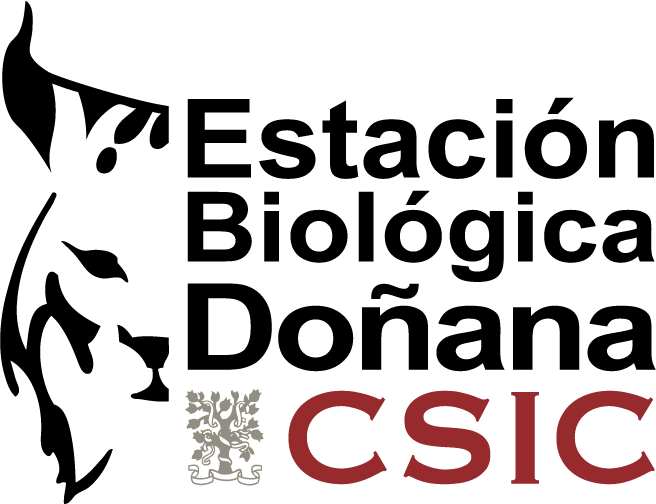
Doñana Biological Station - CSIC
If you are the contact person for this centre and you wish to make any changes, please contact us.
Research Professor at the Doñana Biological Station (EBD-CSIC)
Ramón y Cajal researcher at the Doñana Biological Station (EBD-CSIC)
Researcher at the Doñana Biological Station (CSIC)
Ecologist. 'Ramón y Cajal' researcher working at EBD-CSIC (Doñana Biological Station)
Postdoctoral researcher at Doñana Biological Station (EBD-CSIC)
Research professor at the Doñana Biological Station (CSIC)
Full CSIC scientist.
Research Professor in the Integrative Ecology Department at Doñana Biological Station (CSIC)

Restrictions on mobility and activity imposed during the covid-19 pandemic had an impact on the beaks of a species of bird, specifically the dark-eyed junco, which lived in urban areas of Los Angeles (USA). This is shown in a study published in the journal PNAS, which reveals how birds born during these lockdowns had beaks similar to their counterparts in the wild. With the return of human activity, the beak returned to its pre-pandemic shape. The authors argue that this change was mainly due to an adaptation to the food available, as the birds no longer had access to human food waste.
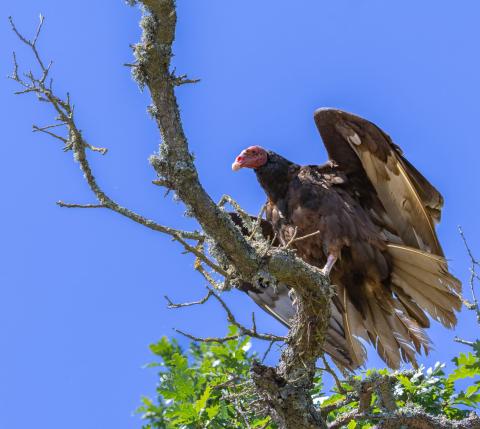
A team from Stanford University (USA) has analysed the conservation status of 1,376 species of scavenger animals. The results, published in the journal PNAS, indicate that 36% of them are threatened or in decline, especially large species and obligate scavengers, which depend exclusively on carrion for food. In contrast, the number of small and facultative scavengers, such as rodents, for which carrion is not their only source of food, is increasing. According to the authors, this ‘could increase the risks of diseases that large scavengers have helped to mitigate’.

One study suggests that conservation efforts are concentrated around a small number of charismatic species, such as elephants. However, there are undervalued species, such as fungi, plants and invertebrates, that are critical to the functioning of ecosystems. The research, published in the journal PNAS, analysed more than 14,000 conservation projects spanning a 25-year period - from 1992 to 2016. Of the nearly $2 billion allocated by the projects, 83% went to vertebrates. Plants and invertebrates each received 6.6% of the funding, while fungi and algae received less than 0.2%.
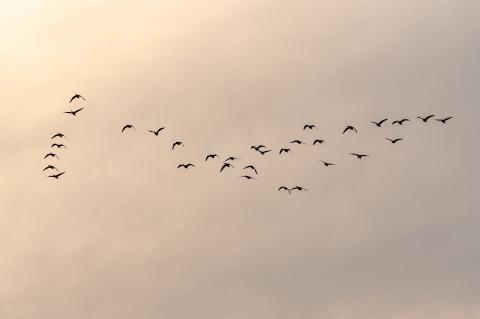
A meta-analysis that brings together data from 628 species of animals, plants and other organisms in terrestrial and marine ecosystems over the last three decades shows that most are losing genetic diversity, especially mammals and birds. ‘The threats affected two thirds of the populations we analysed and less than half are subject to conservation management measures,’ say the authors of the research, published in Nature.
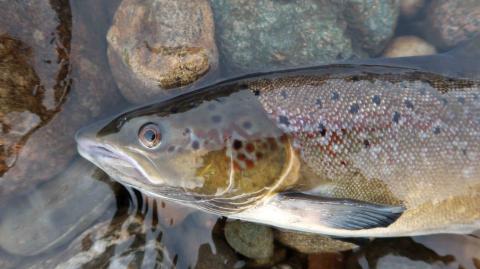
An assessment of the extinction risk of freshwater fauna, covering more than 23,000 species, reveals that around 24% of the species studied are at risk of extinction. The analysis, published in Nature, identifies the main threats from pollution, dams, agriculture and invasive species. Decapods - such as freshwater crabs and shrimps - have the highest percentage of threatened species (30 %), followed by freshwater fish (26 %) and odonates - such as dragonflies (16 %).
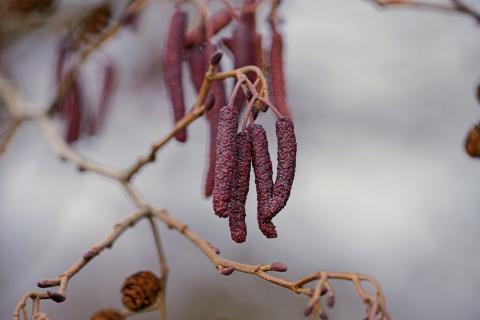
An international team of researchers has reconstructed the first European seed dispersal network based on a literature review. The data indicate that extinction threats and demographic changes in the animals that disperse them have resulted in 30% of plant species having their dispersers listed as 'high concern.' The lack of seed dispersal could hinder the recovery of declining plant populations. The authors publish their results in the journal Science.
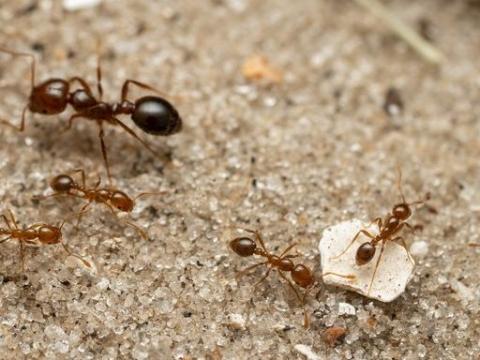
One of the world's most invasive species is Solenopsis invicta, an ant native to South America with a painful sting. In an article published in Current Biology, experts confirm the first official sighting of this species in Europe: 88 nests spread over five hectares near Syracuse in Sicily, Italy. The ants could soon spread across the continent, causing serious environmental, health and economic problems. The study is led by the Institute of Evolutionary Biology (IBE) of the CSIC and the UPF.
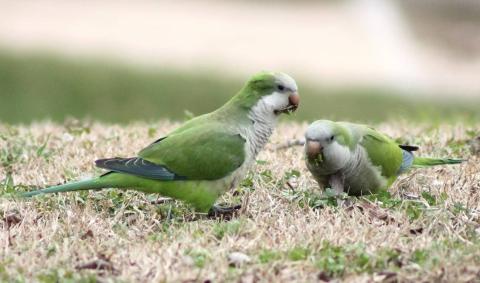
According to a new report from the Intergovernmental Science-Policy Platform on Biodiversity and Ecosystem Services (IPBES), human activities have introduced over 37,000 exotic species to regions around the world. The document highlights that more than 3,500 of these are harmful invasive exotic species that are often overlooked until it's too late.
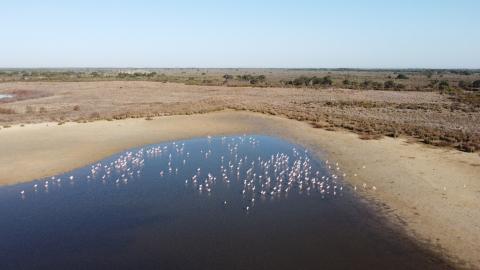
Species of birds common in the marshes of Doñana as the common tern, the brown pochard, the marbled teal, the marsh harrier or the black-bellied sandpiper have recorded a decline in their population for more than a decade, a trend that accelerated since 2019. This is one of the conclusions of the Report on the conservation status of waterfowl in Doñana, published today by SEO/BirdLife.
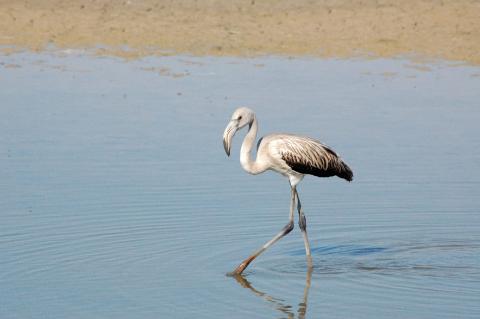
The Participation Council of Doñana has analysed this Monday in an extraordinary meeting the bill presented in the Andalusian Parliament that aims to extend the legal irrigation in the area. The Andalusian Government maintains its support for the new regulation, which will begin its parliamentary debate tomorrow, Wednesday, with the proposal to take the bill into consideration. For his part, the director of the Doñana Biological Station, Eloy Revilla, in his speech to the Council warned of the general deterioration of the lagoon system and pointed out that "the current exploitation of the aquifer is not sustainable". "Spain has been condemned by the European Court of Justice for failing to comply with its obligations under the Water Framework Directive and the Habitat Directive," he said. The Ministry for Ecological Transition has warned that it will take the law to the Constitutional Court.